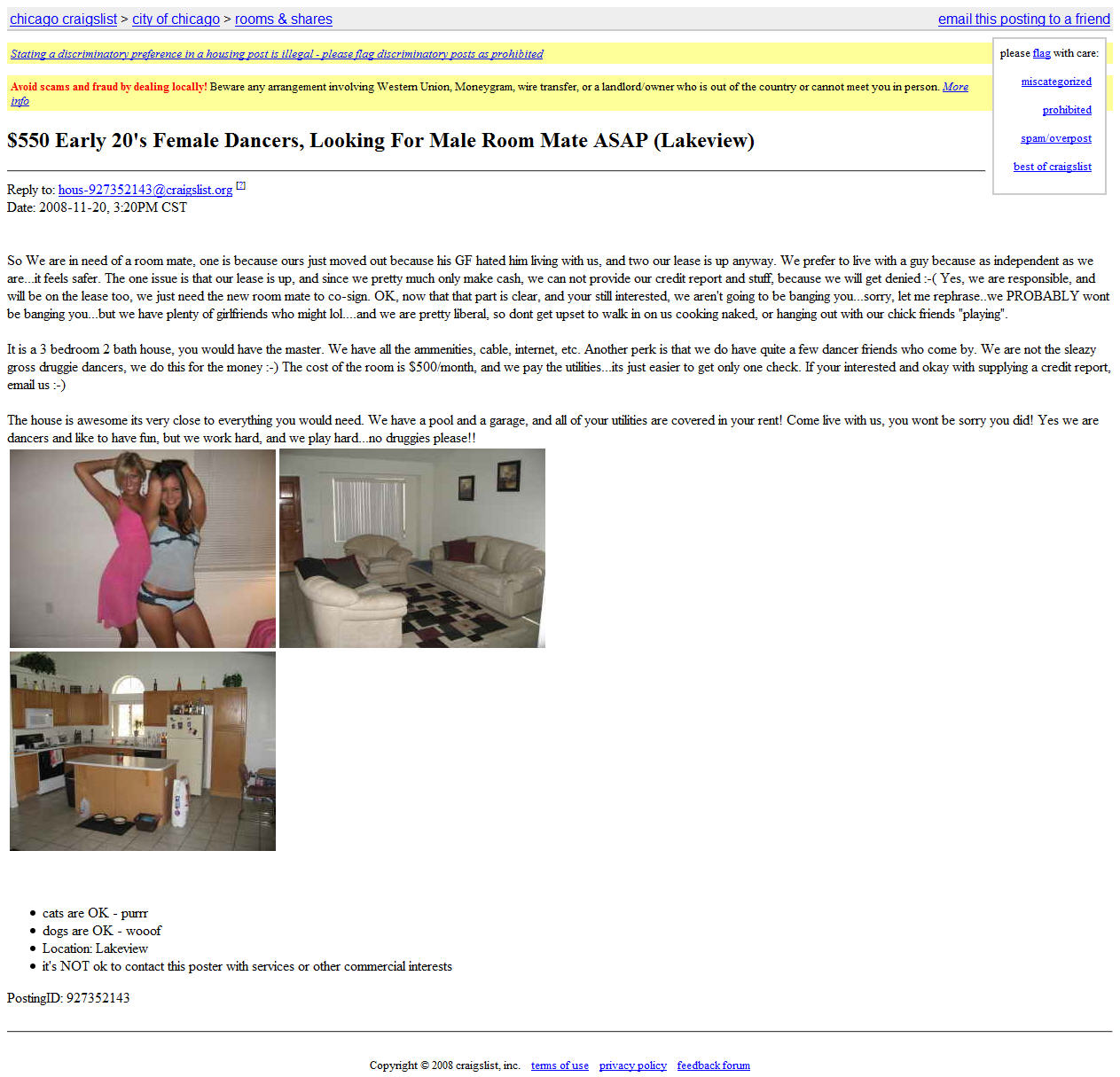Listcrawler Houst unveils the shadowy world of online data scraping in Houston, Texas. This practice, involving automated extraction of information from websites, raises critical legal and ethical questions. While legitimate uses exist, such as market research, malicious applications, like identity theft or competitive espionage, pose significant threats. Understanding the techniques, targets, and implications of listcrawling is crucial for businesses and individuals alike.
This investigation delves into the technical methods employed by listcrawlers, exploring the use of web scraping libraries, IP address manipulation, and user agent spoofing. We’ll examine common data sources in Houston, including real estate listings, business directories, and public records, analyzing the types of information extracted and the potential consequences of unauthorized access. The legal and ethical considerations surrounding data scraping are explored, highlighting the importance of responsible data collection practices and effective countermeasures.
When investigating detailed guidance, check out mendocino county craigslist now.
Understanding “Listcrawler Houst”
The term “Listcrawler Houst” likely refers to automated programs designed to extract data from websites within the Houston metropolitan area. These programs, often employing web scraping techniques, systematically collect information from various online sources. This activity carries significant legal and ethical implications, depending on the nature of the data targeted and the methods used for acquisition.
Potential Meanings and Implications of Listcrawler Houst
Listcrawlers in Houston, like those in other cities, target online data sources to compile lists of information. This can range from seemingly innocuous activities to serious violations of privacy and intellectual property rights. The legality and ethics hinge on whether the data is publicly accessible, the method of acquisition, and the intended use of the collected information.
Legitimate and Malicious Applications of Listcrawling Techniques, Listcrawler houst
While listcrawling can be used for legitimate purposes, such as market research or lead generation, malicious applications are more prevalent. Legitimate uses often involve publicly available data and respect website terms of service. Malicious uses often involve circumventing security measures, violating terms of service, and collecting sensitive data without consent.
- Legitimate Use: A real estate company uses a listcrawler to gather publicly available property listings to analyze market trends.
- Malicious Use: A competitor uses a listcrawler to steal a business’s customer database, violating privacy and potentially causing financial harm.
Technical Aspects of Listcrawling in Houston
Listcrawlers utilize various technical methods to gather data. Understanding these techniques is crucial for both those deploying and defending against them.
Technical Methods, IP Addresses, and User Agents
Web scraping libraries like Beautiful Soup (Python) and Cheerio (Node.js) are commonly used to parse HTML and extract data. Listcrawlers often rotate IP addresses and user agents to avoid detection and blockages. IP address rotation masks the crawler’s true origin, while user agent manipulation disguises it as a legitimate browser.
Hypothetical Scenario: Listcrawler Targeting Houston Business Directories
The following table illustrates a hypothetical scenario of a listcrawler targeting Houston-based business directories.
| Step | Action | Data Target | Potential Outcome |
|---|---|---|---|
| 1 | Identify target directories (e.g., Yelp, Houstonians.com) | URLs of Houston business directories | Access to a list of potential data sources |
| 2 | Send HTTP requests to extract HTML content | HTML source code of directory pages | Raw data containing business information |
| 3 | Parse HTML using scraping libraries | Specific elements containing business names, addresses, phone numbers | Structured data ready for analysis or storage |
| 4 | Store data in a database or spreadsheet | Structured data from step 3 | Complete dataset of Houston businesses |
Data Sources and Targets in Houston
Numerous data sources in Houston are attractive targets for listcrawlers. Understanding these sources and the data they contain is essential for assessing the potential risks and implementing effective countermeasures.
Potential Data Sources and Data Structures
Listcrawlers often target publicly accessible data, but may also attempt to access restricted information. The format and structure of the extracted data vary depending on the source.
- Real Estate Listings (e.g., Zillow, HAR): Data is often structured in XML or JSON format, containing details like address, price, property type, and photos.
- Business Directories (e.g., Yelp, Google My Business): Data is typically presented in HTML format, containing business names, addresses, phone numbers, reviews, and operating hours.
- Public Records (e.g., Harris County Appraisal District): Data formats vary, but often involve PDFs, CSV files, or database exports containing property information, tax assessments, and ownership details.
Types of Information Collected
- Real Estate Listings: Property address, price, square footage, number of bedrooms/bathrooms, photos, owner information (potentially).
- Business Directories: Business name, address, phone number, website, email address, hours of operation, reviews, ratings.
- Public Records: Property owner name, address, tax assessment, property value, legal descriptions.
Legal and Ethical Implications in Houston: Listcrawler Houst
Unauthorized data scraping carries significant legal and ethical risks. Understanding these risks is crucial for both those who engage in data collection and those who seek to protect their data.
Legal Ramifications of Unauthorized Data Scraping
Unauthorized scraping can violate various laws, including the Computer Fraud and Abuse Act (CFAA) and state laws related to privacy and data security. The legality depends on factors such as whether the data is publicly accessible, whether the scraping violates terms of service, and the intended use of the data.
Ethical Implications for Different Data Types
Scraping publicly available data raises fewer ethical concerns than scraping private or sensitive information. Ethical considerations should always prioritize user privacy and data security.
Responsible Data Collection Practices
Responsible data collection involves respecting website terms of service, obtaining consent where necessary, and limiting data collection to what is necessary for the intended purpose. Transparency and accountability are also crucial.
Countermeasures and Detection
Website owners can implement various measures to detect and prevent listcrawling activities. The choice of countermeasures depends on the resources available and the level of risk.
Methods to Detect and Prevent Listcrawling
Several techniques can be used to deter or prevent listcrawling, ranging from simple measures to more sophisticated approaches.
| Method | Description | Effectiveness | Implementation Cost |
|---|---|---|---|
| robots.txt | Specifies which parts of the website should not be crawled. | Moderate (easily bypassed) | Low |
| IP blocking | Blocks requests from specific IP addresses identified as crawlers. | Moderate (can be circumvented with proxies) | Low |
| Rate limiting | Limits the number of requests from a single IP address within a given time frame. | High | Low to Moderate |
| CAPTCHA | Requires users to solve a challenge to prove they are not bots. | High | Moderate |
| Advanced security measures (e.g., WAF) | Utilizes sophisticated techniques to detect and block malicious activity. | Very High | High |
Case Studies and Examples
Hypothetical examples illustrate the potential consequences of listcrawling, both positive and negative.
Successful Listcrawling Operation
- A marketing firm successfully scraped data from Houston business directories to identify potential clients.
- They used sophisticated techniques to avoid detection and gathered data on business size, location, and contact information.
- This data was then used to create targeted marketing campaigns, resulting in increased leads and sales.
Listcrawling Resulting in Legal Repercussions

A competitor scraped sensitive customer data from a Houston-based company’s website, violating privacy laws and terms of service. This resulted in a lawsuit and significant financial penalties.
Impact of Large-Scale Listcrawling
Large-scale listcrawling can overwhelm servers, disrupt business operations, and erode trust in online services. It can also lead to data breaches and misuse of sensitive information.
The pervasive nature of listcrawling in Houston underscores the urgent need for robust data protection strategies. While legitimate uses of data scraping exist, the potential for misuse necessitates a proactive approach from website owners and legislators alike. By understanding the techniques employed, identifying vulnerable data sources, and implementing effective countermeasures, we can mitigate the risks associated with unauthorized data extraction and safeguard sensitive information.
The future of online data security in Houston hinges on a collaborative effort to balance innovation with responsible data handling.


